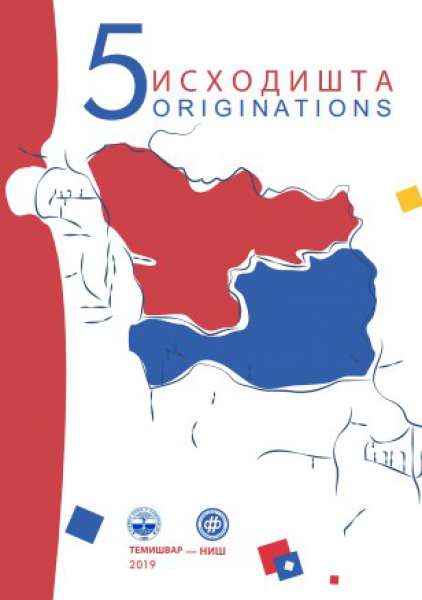КОНЦЕПТ СУДБИНЕ НА КОСОВСКО-МЕТОХИЈСКОЈ ЈЕЗИЧКОЈ СЛИЦИ СВЕТА
THE CONCEPT OF FATE IN THE KOSOVOMETOHIJA LINGUISTIC WORLD IMAGE
Author(s): Tanja MilosavljevićSubject(s): Semantics, Sociolinguistics, Cognitive linguistics
Published by: Universitatea de Vest din Timişoara
Keywords: concept of fate; linguistic world image; Kosovo-Metohija dialects;
Summary/Abstract: Cognitive semantic and linguo-cultural studies have indicated that the concept of fate is one of the basic concepts to be found in many national linguistic world images, which perseveres in the consciousness of a nation despite the historical, social and ideological changes, and one which has persisted in various systems as a universal cultural constant. Naïve representations of the world have been conserved precisely in the general representations of the predestination of what happens to and around man. The aims of this paper are the determination of a conceptual framework, the reconstruction of the structure and determination of the position of the concept of fate in the Kosovo-Metohija linguistic world image. Achieving these goals can be made possible by realizing the following tasks: extracting the linguistic units – verbal representations of concepts, by a componential and conceptual analysis of their content, by isolating the characteristic features in the comprehension, interpretation and representation of fate among Serbian speakers in Kosovo and Metohija. The current elevated status of the given concept in the Kosovo-Metohija dialects is confirmed by lists of synonyms, extracted from the Rečnik kosovsko-metohijskog dijalekta written by Gliša Elezović, Rečnik govora severne Metohije written by Mileta Bukumirović, and Zbirka reči iz Prizrena by Dimitrije Čemerikić. The core tags of the concepts in this areal are fate and kismet, which are the dominant bearers of the invariant, denotationally neutral meaning of “what is predestined for man”. To them we add the central constituents with a positive denotation sreča, bat, igbal, nafaka, while at the periphery of the concept we find lexemes such as maksiret, nesreća, beda, al, ataja, beljaja, which reflect the binary character of fate and expand its conceptual domain. The structural-semantic organization of the concept somewhat uncovers the conceptualization of fate in the consciousness and linguistic knowledge of individuals speaking the KosovoMetohija dialect, in which we find grouped mythological, religious, and oriental views of the world, manifested cultural-historical and spiritual values of one of the peripheral speech communities, and reflected centuries of experience in ruminating on individual and collective fate in a multi-ethnic environment.
Journal: Исходишта
- Issue Year: 5/2019
- Issue No: 5
- Page Range: 299-310
- Page Count: 12
- Language: Serbian

